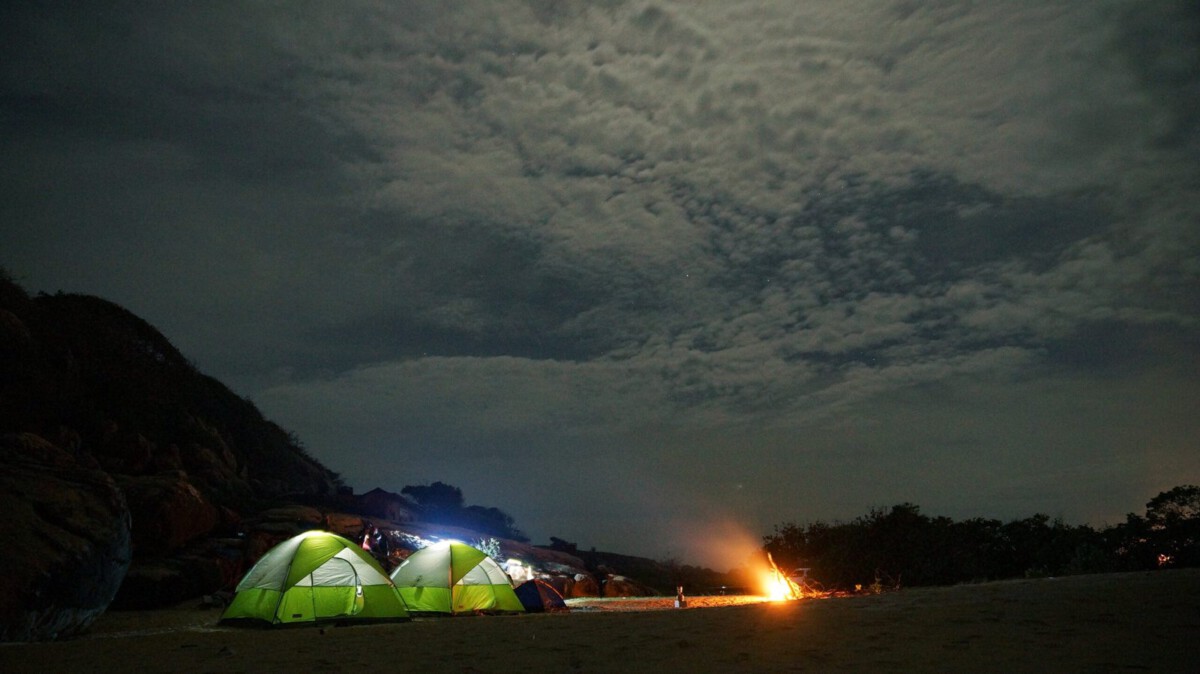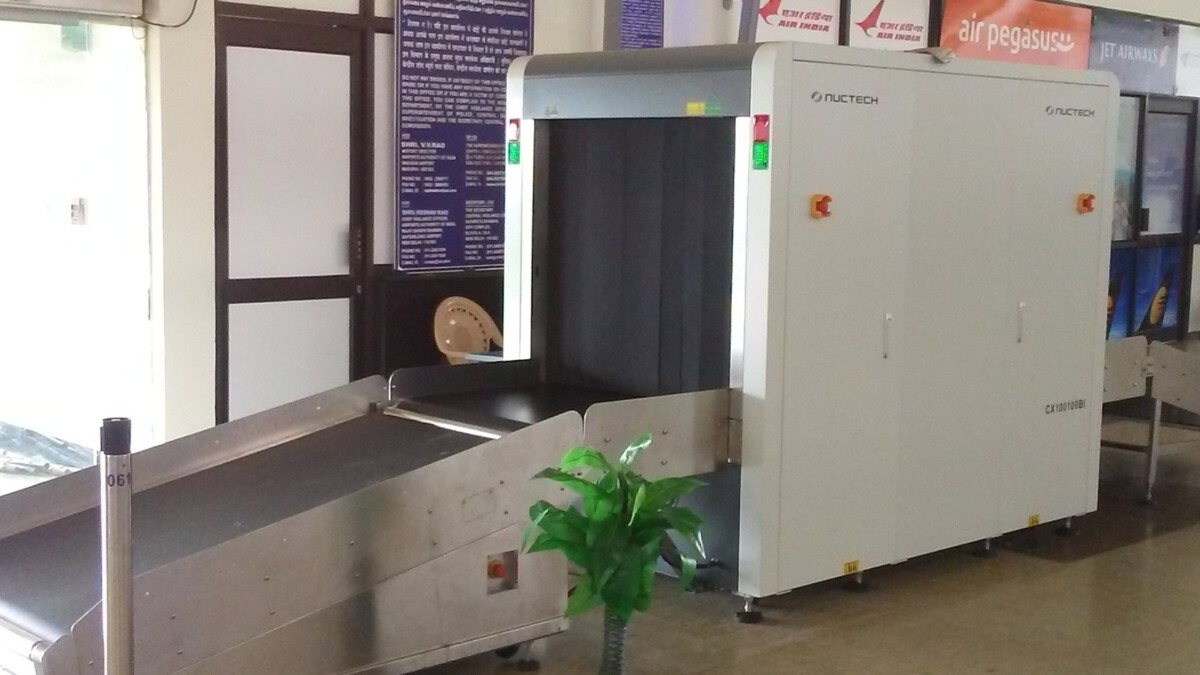Redefining Luxury: Why Minimalist Travel Is Soaring in 2025

Minimalist travel is no longer a fringe movement; it’s become a defining trend among global explorers. According to a 2024 Expedia survey, 63% of Gen Z and millennial travelers prioritized “experiences over things,” seeking value through meaningful journeys rather than material indulgences. Major travel platforms like Booking.com have reported a 28% increase in bookings for budget accommodations such as hostels and capsule hotels since 2023, reflecting a conscious shift away from traditional luxury. Even high-profile influencers, like travel vlogger Eva Zu Beck, have documented downsizing their luggage and itineraries, citing increased freedom and authenticity. This shift is mirrored in the rise of “slow travel,” with Skyscanner noting a 19% increase in month-long stays and flexible ticket purchases in early 2025. Minimalism in travel is proving that luxury is a matter of perspective—often found in simplicity rather than extravagance. The World Travel & Tourism Council’s 2024 report highlights how this minimalist mindset contributes to both deeper personal fulfillment and a smaller environmental footprint.
Packing Light, Living Large: The Art of the One-Bag Journey

A 2024 study by Statista revealed that 48% of frequent travelers now opt for carry-on only, citing faster transit times, fewer lost bags, and lower fees. Innovative luggage brands like Away and Cotopaxi have reported double-digit sales growth for minimalist, multipurpose backpacks. Veteran minimalist traveler and author Rolf Potts conducted a real-time challenge in 2024, traveling across six countries with nothing but a single 20-liter backpack, sharing daily tips through Instagram Reels. Packing light is not just about convenience; it’s a financial strategy. According to Delta Airlines’ 2024 annual report, checked bag fees now average $35 per flight segment, a cost that quickly adds up for multi-destination itineraries. Many airlines, including Ryanair and easyJet, tightened carry-on policies in 2025, making strategic packing even more crucial. Minimalist packers emphasize investing in quality, versatile items—like quick-dry clothing and compact tech—over quantity, reducing both physical and mental load during travel.
Accommodation Hacks: Where Minimalists Really Sleep in 2025

Hostelworld’s 2025 industry report shows a 34% spike in “micro-stay” bookings, with travelers favoring pod-style hostels in urban centers like Tokyo, Berlin, and Lisbon. The rise of “home exchange” platforms such as HomeExchange and Love Home Swap has enabled budget-conscious travelers to swap homes, eliminating accommodation costs entirely for millions. Airbnb’s Q1 2025 earnings highlighted a 22% year-over-year increase in bookings for “private rooms” versus entire homes, reflecting a desire for affordable, social, and minimalist lodgings. Tech-driven brands like Zoku and CitizenM have expanded their modular hotel concepts, offering compact, stylish rooms averaging just 130 square feet but packed with smart storage and communal spaces. Couchsurfing, despite regulatory challenges in some cities, still reported over 500,000 active hosts worldwide in early 2025. A 2024 survey by Hostelgeeks found that 79% of minimalist travelers prioritize hostels and guesthouses for their community atmosphere and insider recommendations.
Flights and Trains: Beating the System with Timing and Tools

Google Flights’ 2025 trends analysis revealed that travelers who booked midweek departures saved an average of 18% compared to weekend flights. Apps like Hopper and Skyscanner’s Price Alerts have become essential tools, with over 60 million active users tracking fare drops in real time. The rise of “hidden city” ticketing—where travelers book flights with layovers and disembark early—saw Skiplagged’s user base grow by 27% in 2024, despite legal pushback from airlines. Train travel has made a comeback, especially in Europe and Asia, due to both climate concerns and cost. Eurail reported a record 1.2 million pass holders in 2024, with their flexible global pass offering unlimited travel across 33 countries. In China, CRRC’s high-speed rail network transported 2.3 billion passengers in 2024, with ticket prices remaining stable despite inflation. Budget carriers like Wizz Air and Pegasus Airlines have expanded new routes across Eastern Europe and Central Asia, while “flight share” platforms such as JetSmarter continue to disrupt the market by offering empty-leg seats at a fraction of the regular price.
Eating Well, Spending Less: The Minimalist Food Revolution

According to TripAdvisor’s 2024 Global Food Trends report, street food and local markets have overtaken restaurants as the top-ranked dining experiences for budget travelers. In Vietnam and Thailand, for instance, a full meal from a street vendor averaged just $1.80 USD in early 2025, while Europe’s food halls—like Lisbon’s Time Out Market or London’s Market Hall—offer gourmet bites at a fraction of restaurant prices. The “picnic movement” has taken off, with 42% of European travelers polled by Lonely Planet in 2024 reporting that they now shop at local groceries and markets to assemble their own meals. Food-sharing apps such as Olio and Too Good To Go have expanded into 19 new countries since 2024, connecting travelers with discounted surplus food from bakeries and cafes. Hostel kitchens are enjoying a renaissance, with Hostelworld noting that 71% of hostels now offer communal cooking facilities as of early 2025. Minimalist travelers often cite health, sustainability, and cost as their primary reasons for skipping restaurants in favor of homemade or market-fresh meals.
Digital Nomadism: The Minimalist Approach to Work and Play

A 2024 report by MBO Partners estimated that there are now over 17 million digital nomads worldwide, an increase of 14% from the previous year. Countries like Portugal, Spain, and Georgia have introduced new “digital nomad visas” in 2024–2025, streamlining work permits and reducing bureaucratic hurdles. Co-working and co-living spaces are booming, with brands like Selina and Outsite opening 37 new properties in 2024 alone, catering specifically to remote workers seeking minimalist, community-driven environments. According to the Remote Work Index 2025, 76% of surveyed nomads say they deliberately travel with less than 10kg of luggage to remain agile. Tech gear has become both more compact and more powerful, with the 2025 MacBook Air now weighing under 1kg and portable WiFi hotspots offering unlimited 5G coverage in over 50 countries. The rise of asynchronous work schedules allows nomads to structure their days around exploration, not just Zoom calls. A growing number of remote workers are also embracing “workcations,” blending productivity with travel in a way that prioritizes experiences over possessions.
Cashless and Carefree: Spending Smarter Across Borders

The use of digital wallets and contactless payment systems has exploded, with Worldpay’s 2024 Global Payments Report noting that over 60% of all international transactions are now made without cash. Revolut and Wise (formerly TransferWise) each surpassed 35 million users in early 2025, offering multi-currency accounts with real-time exchange rates and minimal fees—a major boon for travelers seeking to avoid costly ATM and credit card charges. Visa and Mastercard both expanded their fee-free global ATM networks in 2024, now covering over 180 countries. QR code payments, long popular in Asia, have become mainstream in Europe and South America, with Mercado Pago and Alipay launching cross-border partnerships in 2025. A study by the Bank for International Settlements found that travelers who used digital wallets saved an average of $78 in transaction fees for every $2,000 spent abroad. Minimalist travelers increasingly rely on budgeting apps like Trail Wallet and YNAB to track spending in real time and avoid unexpected expenses.
Travel Insurance Redefined: Minimalist Protection for Maximum Peace of Mind

A 2024 survey by Squaremouth revealed that 54% of travelers now purchase flexible, modular travel insurance policies, choosing only the coverage they need rather than expensive bundled plans. Companies like SafetyWing and World Nomads have tailored products specifically for minimalist and long-term travelers, offering monthly subscription models and global coverage. In 2025, the average cost of comprehensive travel insurance for a month-long trip dropped to $79, due to increased competition and digital underwriting. New “pay-per-day” insurance options, such as those launched by Revolut and Allianz in late 2024, allow travelers to activate coverage only when needed, saving up to 40% compared to traditional plans. The COVID-19 pandemic permanently changed the insurance landscape, with 88% of policies now including pandemic-related medical coverage as standard. Minimalist travelers are also increasingly opting for travel credit cards with built-in insurance perks, further reducing costs. The focus is on carrying digital proof of insurance, with most providers now offering instant claim processing through mobile apps.
Experiences Over Souvenirs: The Rise of the Memory Economy

A 2025 report from the Adventure Travel Trade Association found that 72% of travelers aged 18–40 now spend more on experiences—such as guided hikes, cooking classes, or cultural workshops—than on physical souvenirs. Airbnb Experiences has seen a 30% year-over-year growth, with over 60,000 bookable activities in 100+ countries as of March 2025. Startups like GetYourGuide and Klook have expanded their offerings to include hyper-local, small-group adventures, often led by residents rather than tour companies. The shift is also environmental: the European Tourism Association reports a 15% drop in duty-free and souvenir shop revenues in major cities since 2023, as travelers shy away from buying goods with heavy packaging and dubious provenance. Digital journaling apps, such as Polarsteps and Journi, are popular among minimalists for documenting memories without adding physical clutter. The hashtag #collectmomentsnotthings trended on TikTok with over 22 million views in the first quarter of 2025, reflecting a global embrace of intangible riches.
Sustainable Choices: How Minimalist Travelers Lead the Eco Revolution

The United Nations World Tourism Organization’s 2024 sustainability index reported that 64% of travelers now consider environmental impact in their travel decisions, up from 51% in 2022. Minimalist travelers are at the forefront of this movement, with 87% in a 2025 Lonely Planet poll stating they actively seek out eco-certified accommodations and low-impact activities. Direct train and bus travel has replaced short-haul flights for many, with BlaBlaCar facilitating over 120 million shared rides across Europe in 2024. Brands like Patagonia and Osprey have launched gear buyback and repair programs, encouraging travelers to repair rather than replace their equipment. Carbon offsetting is more accessible, with Google Flights integrating emissions data and offset options directly into bookings in 2025. Hostels and guesthouses are increasingly powered by renewable energy, with Green Key certification now a selling point for over 4,000 properties worldwide. Minimalist travelers often report a sense of pride and purpose in knowing their choices directly support local economies and preserve destinations for future generations.




